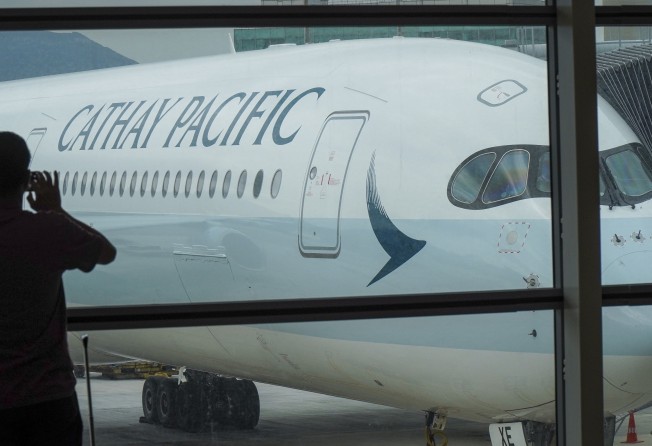Competition law in Hong Kong? Pull the other one
- From banking to public transport and aviation, the big players have a lock on business

Hong Kong’s competition law came into effect in 2015, but so far, its impact is not much in evidence. In fact, recent developments are downright discouraging.
The city will finally have its virtual banks. But of the three licences handed out by the Hong Kong Monetary Authority, two have gone to joint ventures involving Bank of China (Hong Kong) and Standard Chartered. A third goes to an online mainland insurer. That’s out of 30-plus applicants.
It’s interesting that the HKMA sets the minimum capital requirement at HK$300 million, but the average capital of the three new online banks stands at a whopping HK$1.9 billion.
At least with this round of licensing, the HKMA seemed to prefer those with deep pockets, and that means backing by the big banks. But doesn’t that defeat the purpose of eliminating bricks and mortar from banking?
Without the need to operate branches, online banks can save on rent and staff, and offer comparable services with lower charges. They are also supposed to cater to less well-off clients and smaller businesses, and can afford to have lower capital as buffer.
On the aviation front, low-cost airline HK Express is set to become semi-low cost as the city’s flagship carrier, Cathay Pacific, will take it over in a deal worth HK$4.93 billion. Its licence, fleet and routes are scarce resources that will make the price tag look like a bargain in the years to come. And you think you can get away from Cathay!
Meanwhile, an alliance of taxi groups will be offering their own Uber-like service, with a comparable app. But if Uber’s service is illegal in Hong Kong, how is this new app-based service any different? In fact, long before Uber even existed, local taxi groups had operated such services, using mobile phones instead of apps and online devices.
They were especially popular during and after the severe acute respiratory syndrome outbreak in 2003, when the taxi business suffered a serious slump. But police and the government considered it illegal and cracked down periodically.
However, the Transport and Housing Bureau has muddied the waters by claiming that the so-called hire-as-a-whole taxi service is not regulated under the existing regime. In fact, that response was made in 2015 when it tried to make room for Uber, until it turned against the ride-hailing company under pressure from the taxi trade.
From banking to public transport and aviation, the news on the competition front is not good.